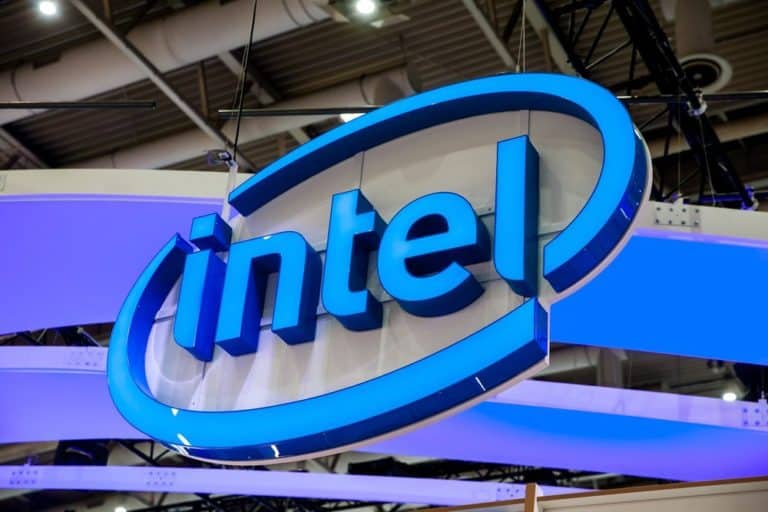According to officials cited by POLITICO, the planned Intel chip manufacturing plant in Magdeburg, Germany needs at least double the city’s power consumption after its operations kick off in 2027.
“The power consumption when Intel starts operating is greater than the current total power consumption of the entire city of 240,000 people”, said Lutz Trümper, the former mayor of Magdeburg.
The high power consumption needed by the chip plant has been confirmed by the high voltage grid’s manager, who stated that the assessment is credible. What’s more, Lutz Trümper, who negotiated the plant deal bringing Intel to Germany in March 2022, left the office just three months after realizing its capabilities.
Power consumption of Intel’s chip plant in Magdeburg
Initially, Intel’s plant will create employment opportunities for 3,000 workers, which will turn into 20,000 with time. The plant’s power consumption will also upsurge. The city council members forecasted that when the plant is fully operational, it would require “three times the energy needs of Magdeburg”.
It’s a vast opportunity for employment, but will also call for an electricity substation to meet the power consumption. Energy is a stinging factor for Germany since Russia cut off its gas supply to Europe following the invasion of Ukraine.
Although Intel has made plans to consume only renewable energy, that isn’t feasible until after 2030. Germany would have to build new energy sources to lower its reliance on gas-operating manufacturing plants, especially if its nuclear plants shut off.
A year back, Magdeburg’s public utilities could sell only 1400 Gigawatt per hour (GWh) of gas, 1,500 GWh of electricity and 500 GWh of district heating. Experts agree that the Intel plant will require similar energy consumption. As the plant grows, energy consumption will increase, requiring additional power-generating sources.
Intel responds
On the other hand, according to Intel, it’s too early to estimate the plant’s power consumption needs. The organization called current estimates ‘misleading or too inaccurate’, further stating that once reliable numbers are in hand, the data will be transparent.
Intel is all set to invest a sum of €17 billion along with public funding. “A project of this dimension, where a company invests €17 billion in one location in such a short time, has never been seen before in Germany”, Trümper commented.
